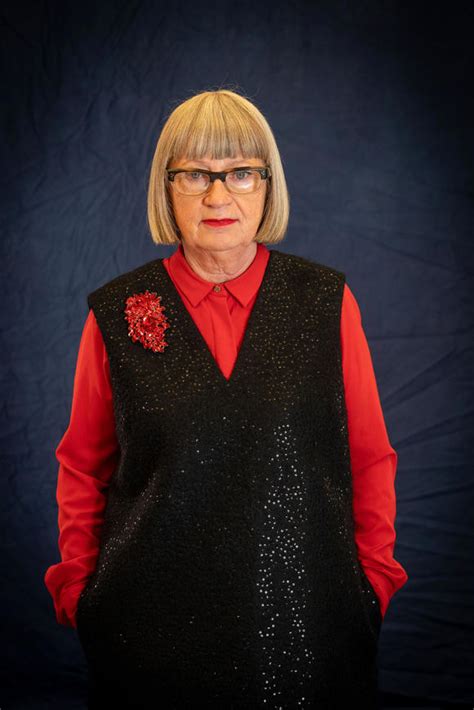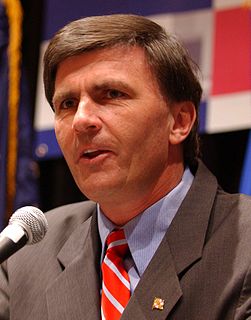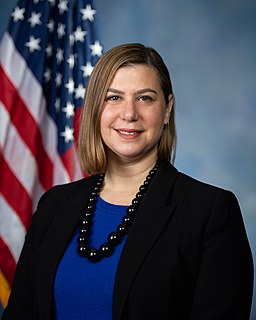A Quote by Michael Lewis
He was blessed with an unconventional mind, which overcame his conventional middle-class upbringing.
Quote Topics
Related Quotes
Which class is happiest, the rich, the middle class or the poor? A very successful executive of a large organization touches upon this vital subject in a long letter to all his salesmen. He uses as his text a passage from Robinson Crusoe which included this: ""My Father bid me observe it, and I should always find that the calamities of life were shared among the upper and lower part of mankind; but that the middle station had the fewest disasters, and were not exposed to so many vicissitudes as the higher or lower part of mankind.
The Buddha's insight into the middle way is not simply about a balance between extremes. This conventional understanding misses the deeper revelation of the middle way as being the very nature of unexcelled enlightenment. The middle way is an invitation to leap beyond nirvana and samsara and to realize the unborn Buddha mind right in the middle of everywhere.
The government decides to try to increase the middle class by subsidizing things that middle class people have: If middle-class people go to college and own homes, then surely if more people go to college and own homes, we’ll have more middle-class people. But homeownership and college aren’t causes of middle-class status, they’re markers for possessing the kinds of traits — self-discipline, the ability to defer gratification, etc. — that let you enter, and stay, in the middle class. Subsidizing the markers doesn’t produce the traits; if anything, it undermines them.
I was brought up in a very naval, military, and conservative background. My father and his friends had very typical opinions of the British middle class - lower-middle class actually - after the war. My father broke into the middle class by joining the navy. I was the first member of my family ever to go to private school or even to university. So, the armed forces had been upward mobility for him.



































